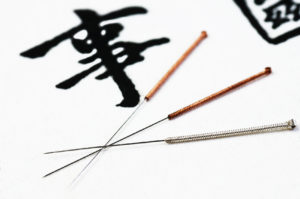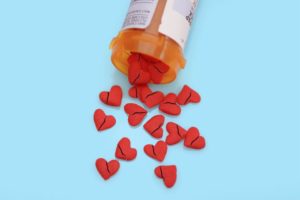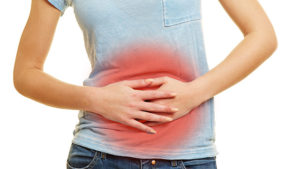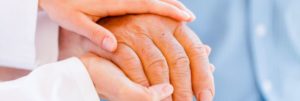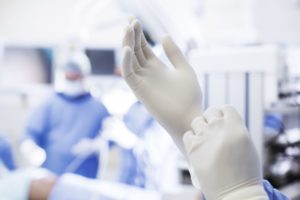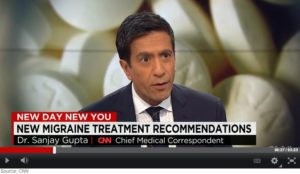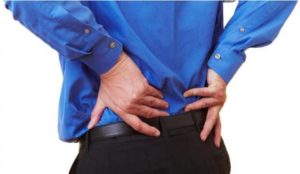From the earliest days of placebo research the practitioner-patient relationship has been at the heart of theorising about its effectiveness in therapy (and in life!)
Here’s an article that explores ‘the conversation’ and its beneficial placebo effects.
” … it’s no surprise that chronic arthritis and back pain are the second and third most common non-acute reasons that people go to the doctor and that pain costs America up to $635 billion annually. The pain remedies developed by the pharmaceutical industry are only modestly effective, and they have side effects that range from nausea and constipation to addiction and death.
What’s often overlooked is that the simple conversation between doctor and patient can be as potent an analgesic as many treatments we prescribe.”
… and …
“It’s clear that how doctors and nurses communicate their treatment can have profound effects on how patients experience the results of that treatment. Yet the conversation between doctors and patients is one of the least valued aspects of medical care. Insurance reimbursements for tests and medical procedures dwarf reimbursements for talking to patients or spending time thinking about what ails them. And the pharmaceutical industry, with its direct-to-consumer advertising, has promulgated the fallacy that every ailment must be met with a pill — brand name, of course.”



